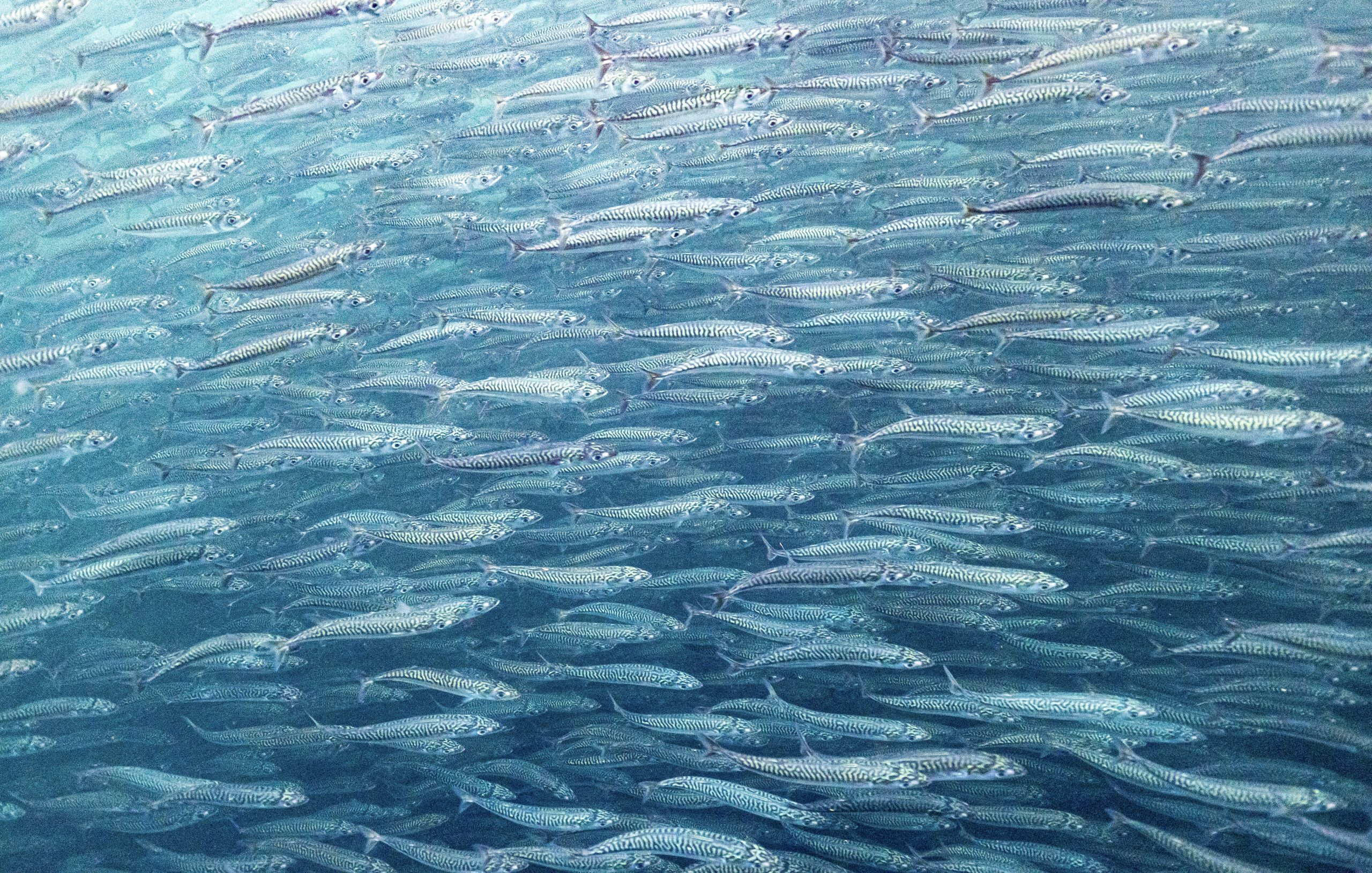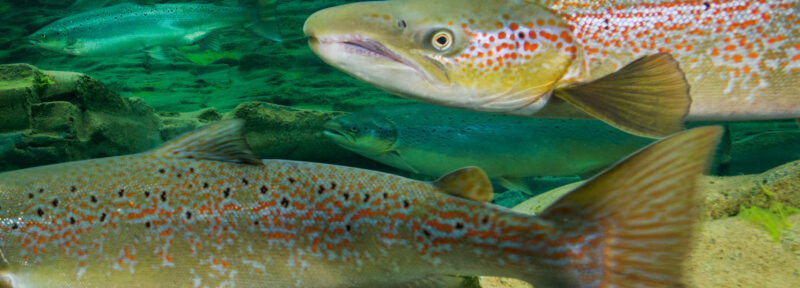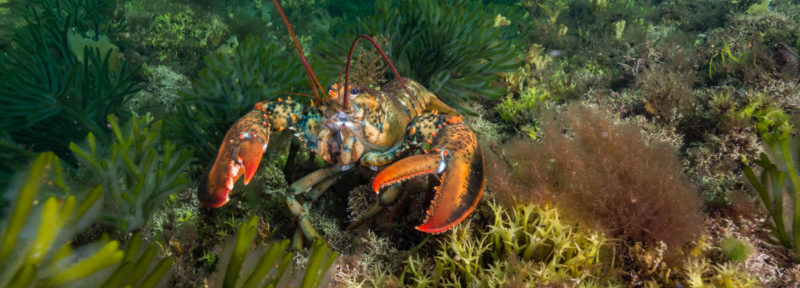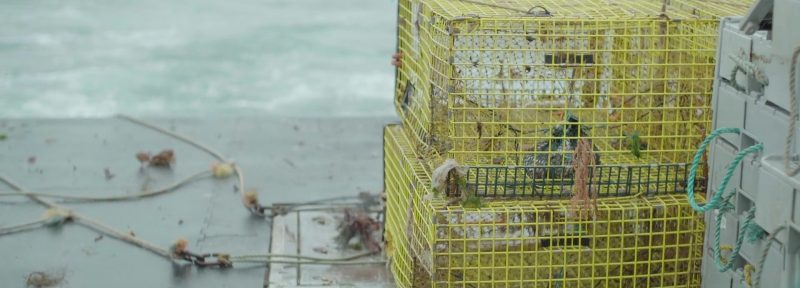Turning up the Heat: New Report Highlights Impacts of Climate Change on Commercial Fisheries in Atlantic Canada and Eastern Arctic
A school of Atlantic mackerel (Scomber scombrus).
Crédit : Nicolas Winkler
The global climate and the ocean are closely linked in a number of ways, and the ocean is a key part of what makes life on Earth liveable. The ocean is responsible for every second breath of air we take. It’s also helped slow down climate change: the ocean has absorbed most of the excess heat caused by greenhouse gas emissions, and it takes carbon dioxide out of the atmosphere.
But our gain has come at a cost to the ocean, to the creatures that live within it, and to the communities that rely closely on the ocean for their livelihoods. Rising water temperatures and acidification caused by excess CO2 are disrupting marine ecosystems, with consequences for all aquatic life—including the species that support commercial fisheries.
Oceans North’s newest report looks at the impacts of climate change on commercial fisheries in Atlantic Canada and the Eastern Arctic. The report finds that climate change is having and will continue to have effects on the distribution, yield, and productivity of fisheries throughout these regions.
Some of the impacts that are already occurring, based on results from scientific studies and some corroborated by fishers’ observations, include:
- Warmer water temperatures, in particular in the Gulf of Maine, the Gulf of St. Lawrence and the Scotian Shelf, which can lead to reduced oxygen levels, species migrating to more northern areas, and an increase in invasive species.
- Earlier sea ice melting, impacting the timing of phytoplankton blooms and in turn the spawning of commercially caught species.
- Decrease in overall size of most species.
- Impeded growth of shrimp, lobster and phytoplankton (particularly those whose skeletons are made of calcium) due to ocean acidification.
- Increase in vulnerability to disease.
The report also examines the extent to which Fisheries and Oceans Canada is incorporating climate change into its fisheries-management decisions. It finds that while climate variables are increasingly incorporated into stock assessments, the management plans and related quota decisions have yet to integrate the impacts of climate change into how fisheries are managed. To address this gap, the report makes several recommendations for how to make commercial fisheries more resilient in the face of climate change. Some of the recommendations include:
- Develop a national fisheries and climate framework that clearly identifies a transparent and accountable process for how climate information can go from data to decision-making.
- Assess the opportunity for nature-based solutions to climate change in the marine environment, which will reduce impact of climate change on fisheries by maintaining and restoring sequestered blue carbon.
- Reduce non-climate stressors on Canadian fish populations, including making precautionary decisions around quotas.
- Implement more adaptive fisheries management measures.
- Complete climate vulnerability assessments of Canadian and transboundary fish species.
- Enhance opportunities for ecosystem monitoring and data sharing between departments and stakeholder groups.
A summary version of the report is available here, and you can read a full version of the report here.
Alex Tesar is a communications specialist at Oceans North.





